Digitalisation and biologisation
In the context of innovation research, technology management and entrepreneurship we explore:
- Sustainable developments
- Biologisation
- Digitisation
- Convergences
- Biotechnology
- Bioeconomy
- Circular Economy
- Agile Architectures
- Sustainable Finance
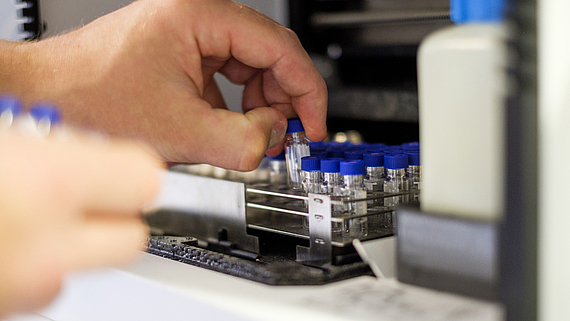
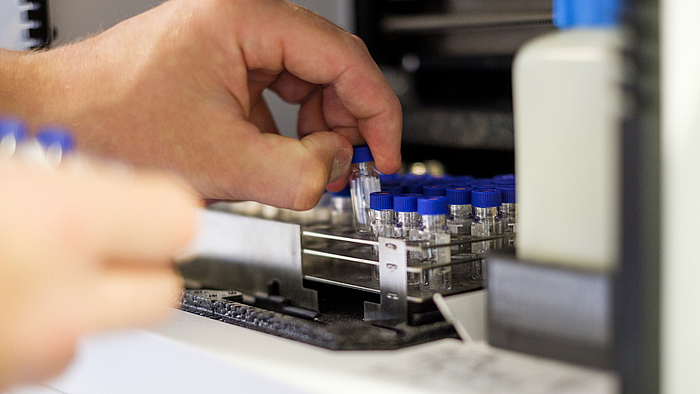
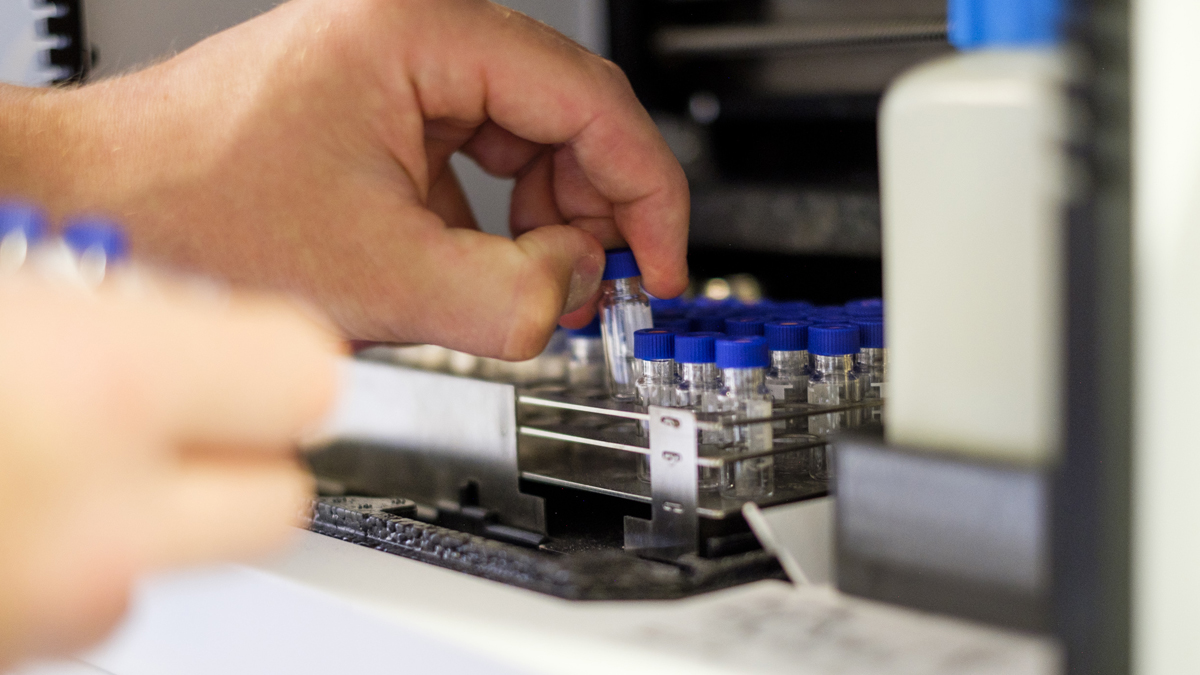
Verwirklichen Sie Ihre Gründungsidee
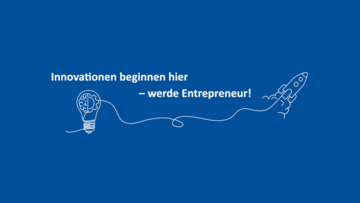
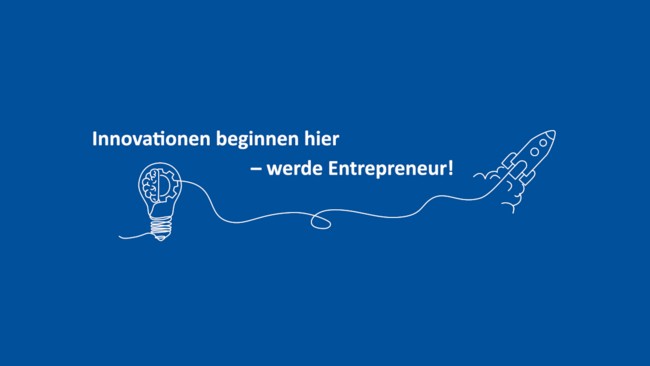
Latest news
2nd National Ecosystem Accounting Germany Conference in Hannover

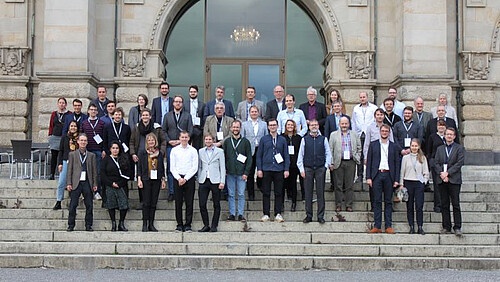
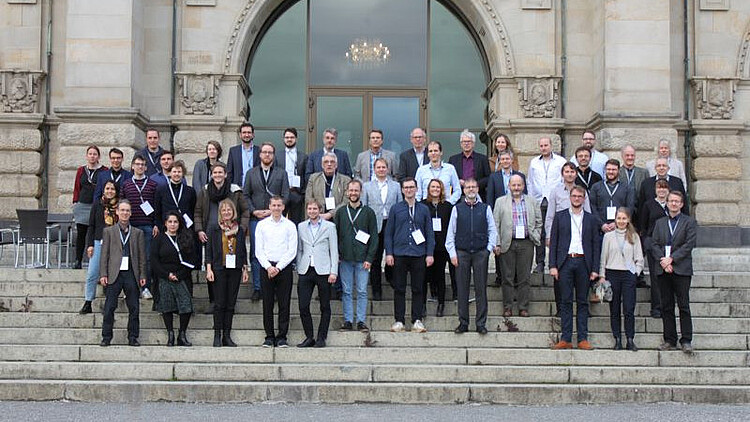
On November 8th and 9th, the 2nd National Ecosystem Accounting Germany Conference took place in Hannover, Germany as a cooperation between the EU Horizon 2020 project MAIA, the Leibniz University Hannover (PhyGeo), the Leibniz Institute of Ecological Urban and Regional Development, the Federal Agency for Nature Conservation and the Federal Statistical Office.
The PhyGeo was represented by Benjamin Burkhard, Sabine Lange and Angie Faust. On the first Conference day, the newly adapted SEEA EA standard and its implication for the German Ecosystem Accounting were the focus of discussion. Also, ongoing project work as well as an overview over the recent results of the German Ecosystem Accounting progress were presented. On the second Conference day, further insights into recent and upcoming ecosystem accounting actions on e.g. ecosystem condition, biodiversity, carbon and cultural ecosystem services were shared. In the last session, the standing of ecosystem accounting in relation to other (monitoring /assessment /information) systems was discussed and further upcoming related research projects were introduced. In addition to that, through diverse statements from stakeholders from the potential user spectrum, the users' perspectives of ecosystem accounting were taken into account. Next to vivid sessions and lively discussions, the Conference was very successful in strengthening the ecosystem accounting network in Germany by creating a warm and friendly atmosphere among the about 50 participants.
Events calendar
2nd National Ecosystem Accounting Germany Conference in Hannover



On November 8th and 9th, the 2nd National Ecosystem Accounting Germany Conference took place in Hannover, Germany as a cooperation between the EU Horizon 2020 project MAIA, the Leibniz University Hannover (PhyGeo), the Leibniz Institute of Ecological Urban and Regional Development, the Federal Agency for Nature Conservation and the Federal Statistical Office.
The PhyGeo was represented by Benjamin Burkhard, Sabine Lange and Angie Faust. On the first Conference day, the newly adapted SEEA EA standard and its implication for the German Ecosystem Accounting were the focus of discussion. Also, ongoing project work as well as an overview over the recent results of the German Ecosystem Accounting progress were presented. On the second Conference day, further insights into recent and upcoming ecosystem accounting actions on e.g. ecosystem condition, biodiversity, carbon and cultural ecosystem services were shared. In the last session, the standing of ecosystem accounting in relation to other (monitoring /assessment /information) systems was discussed and further upcoming related research projects were introduced. In addition to that, through diverse statements from stakeholders from the potential user spectrum, the users' perspectives of ecosystem accounting were taken into account. Next to vivid sessions and lively discussions, the Conference was very successful in strengthening the ecosystem accounting network in Germany by creating a warm and friendly atmosphere among the about 50 participants.






